
OR
#BLOG
Unruly skies: when passengers become a threat
Published On: May 5, 2024 10:05 AM NPT By: Shreeju Khadka
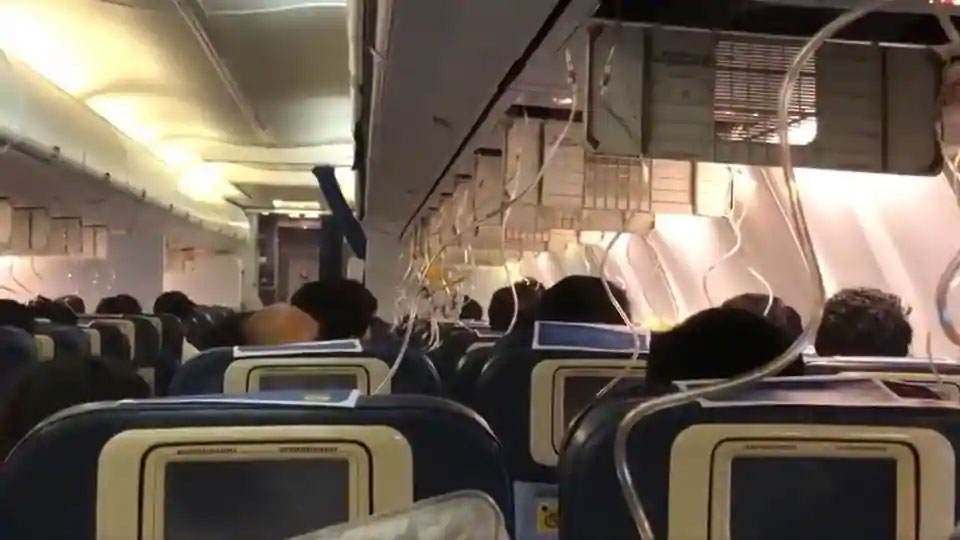
More from Author
We all tend to view flights as one of the safest modes of travel, yet an unruly passenger behavior can shatter that illusion.
Not going too far, adding my own personal experience on a flight from Pokhara highlighted this disturbing trend. While it was not that severe, it showed how a single passenger can disrupt the whole travel experience.
Now, what is unruly?
Unruly, in simple sense, means “ uncontrollable behavior, difficult to control or manage”
Unruly behavior has been categorized in various senses, from intoxication and belligerence to ignoring safety instructions. The International Air Transport Association (IATA) even outlines a list including verbal and physical altercations, threats, and general disruptive conduct as unruly behavior. These actions not only threaten safety but also creates a stressful environment for everyone onboard.
The consequence of unruly passenger behavior on board has been serious and is a threat today. There are various reports filled with incidents of emergency landings due to unruly passengers.
In 2021, a diverted flight to Denver cost the airline a shocking amount of loss. These kinds of activities do not just amount to financial losses for the airline, it also damages the travel plans of hundreds of innocent passengers who are onboard or waiting for their flight. It's not due to the damage to the aircraft or anything else; it's because of passenger behavior. Just taking an example in a classroom, if someone misbehaves or shows unwanted behavior, they can be sent out of the class, but In the case of an airplane, if someone shows unruly behavior, they cannot be thrown out of the plane; there’s the need for an emergency landing, which creates a big loss.
Treaties like the Tokyo Convention (1963) address unruly behavior. These international agreements establish guidelines for prosecution. Nepal, as a signatory to the Chicago Convention, is obliged to uphold these standards.
Nepal's Civil Aviation Act (2015) even outlines punishments in Section 9 which deals with offense and punishment.
Clause 1 (d) of Section 9 has provision in case of offense against the safety of air flight. According to the provision, commission of any of the following acts, shall constitute an offense against the safety of air flight: Committing an act of violence against a person on board an aircraft on flight or the likelihood of any danger to be caused to the safety of an aircraft by such an act.
Clause 3 (b) states that any person who commits an offense under Clauses (c), (d), and (e) shall be punished with imprisonment for life, and any person who attempts such acts or is an accomplice of a person committing such offenses shall be punished with imprisonment for a term ranging from fifteen to twenty years.
The question here is: Why does this happen?
There might be reasons like anxiety and fear, which I do not believe to be true. Some passengers can believe that they might be exempted from punishment at 30,000 feet above the sea level. But that’s wrong, my dear friends; there are always consequences.
These offenses or unruly kinds of behavior being unreported in Nepal builds a stronger perception of them being immune from being liable.
Let's not forget about the hidden cost. The unruly behavior can be a traumatic experience for the crew and for passengers. The harsh tone and averted eyes when these kinds of incidents occur speak a lot about the discomfort that everyone feels.
We believe flying should be an experience of ease and efficiency, not disruptive behavior. Remembering the national and international framework along with the consequences should be a deterrent. The airlines should also be vigilant enough to enforce the passenger conduct regulation. Ultimately there is a need for collective effort to ensure safe and peaceful skies for everyone.
There are efforts made on a global scale to ensure safety and tackle these kinds of unruly behavior, which are made by the International Civil Aviation Organization (ICAO). These guidelines focus on preventing and assisting countries in dealing with disruptive incidents involving passengers.
What can the duty of an airline be?
The major duty of airlines is to prioritize the safety and comfort of passengers and crew members. It involves establishing and upholding strict guidelines on disruptive conduct. Airlines should provide special training for flight attendants to help them handle such difficult situations effectively. Collaborating with law enforcement to address unruly behavior is another major and important measure that airlines can take.
Is a collaborative approach important?
Without team effort, dealing with such disruptive behavior is difficult. There must be a team effort involving the government, airlines, and passengers. While dividing roles, the government can work on enforcing strict laws and monitoring the system. Passengers must understand their duties and act responsibly to guarantee the well being of everyone on board. Airlines should use various strategies and enhance staff education. Collaboration is a must. As it is a key to enhancing safety and enjoyment while flying, for that reason, let’s maintain a friendly atmosphere in the skies for a relaxing and safe sky experience.
You May Like This

Amazon confirms two employees in Italy have contracted coronavirus
WASHINGTON, March 2: Amazon.com Inc said late on Sunday that two employees in Milan, Italy, have contracted the coronavirus and... Read More...

Smugglers’ go-downs near customs office
SIRAHA, March 16: On March 10, a team from the District Police Office (DPO), Siraha, arrested a truck with an... Read More...

Flights resumed to and from Juphal Airport
DOLPA, Jan 26: The Juphal Airport in mountainous Dolpa district which was closed following the heavy snowfall has resumed three days... Read More...
Just In
- Cricketer Lamichhane Gears Up Preparation for T20 World Cup
- Japan's parliament passes bill to allow joint custody for divorced parents
- 372 drug peddlers arrested in Jhapa in 10 months
- Investors gained Rs 84 billion from shares trading as NEPSE added 52.53 points last week
- Special Rights Committee formed in Bagmati provincial assembly
- PM Dahal, Speaker Ghimire and UML Chair Oli hold discussions to end house obstruction
- Birgunj Dry Port Customs Office collects Rs 40.3 billion in revenue in 10 months of current FY
- Police arrest six individuals involved in stealing gold and silver jewelry and cash in Lalitpur






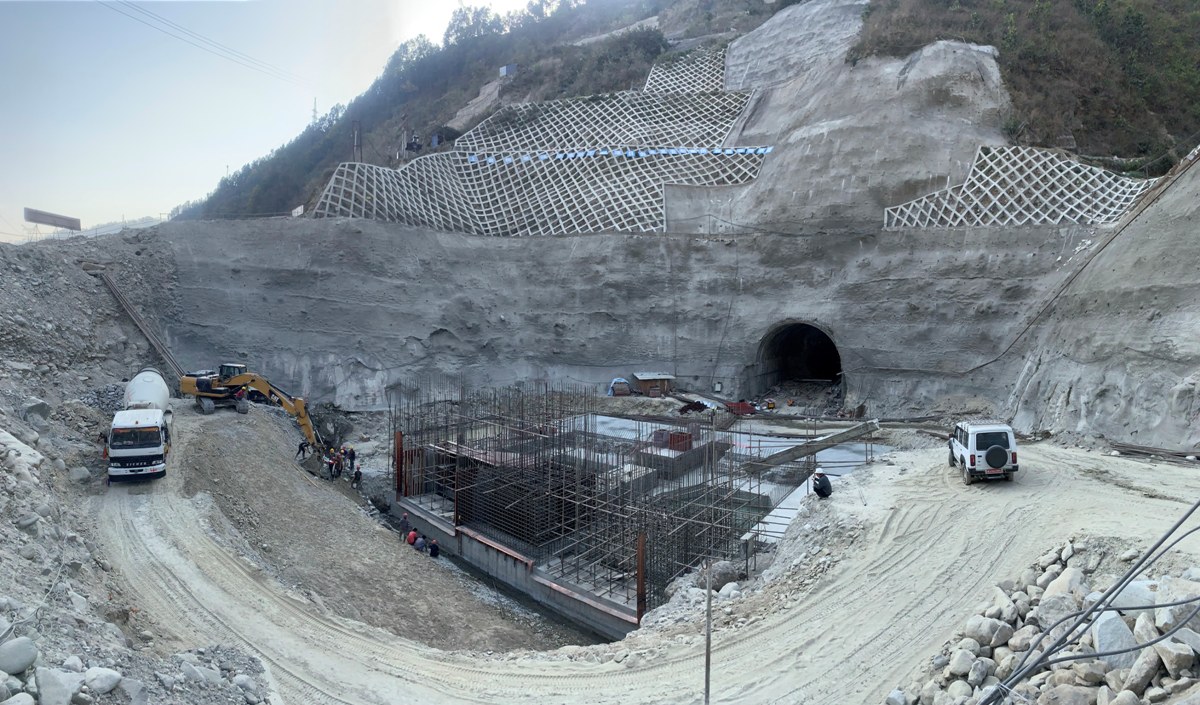
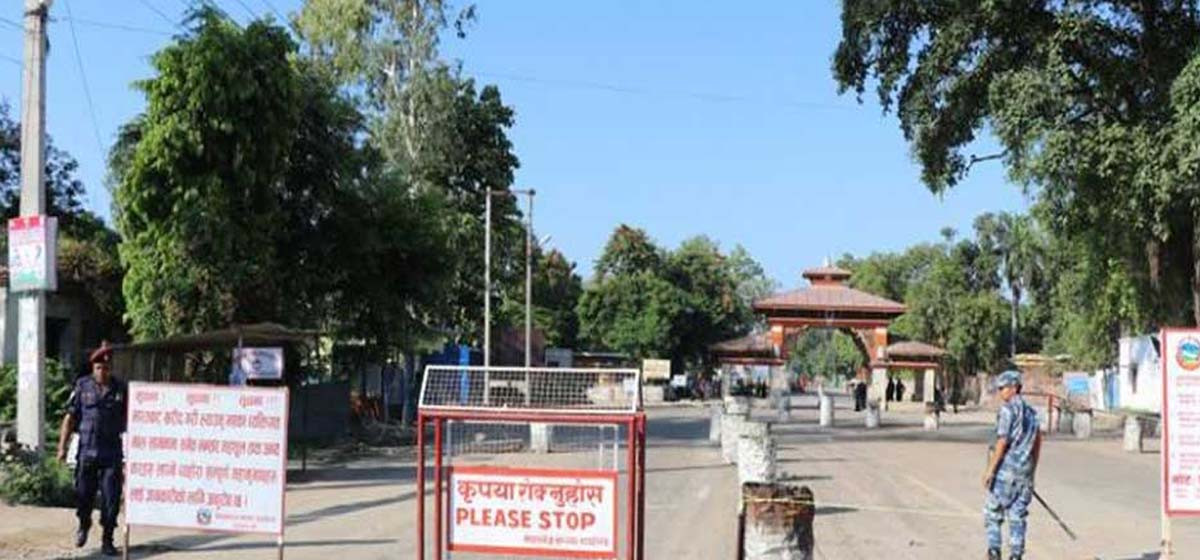
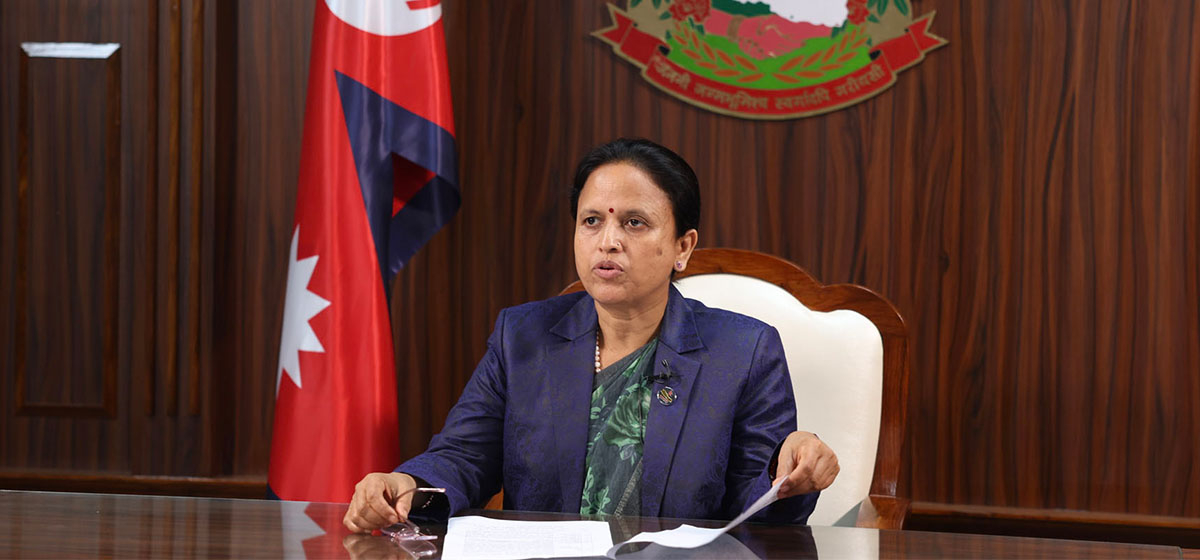

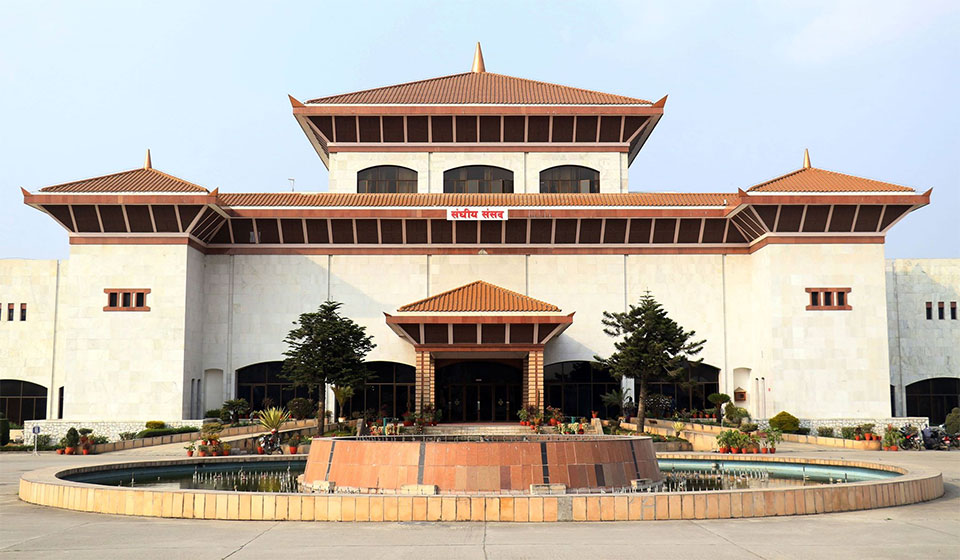

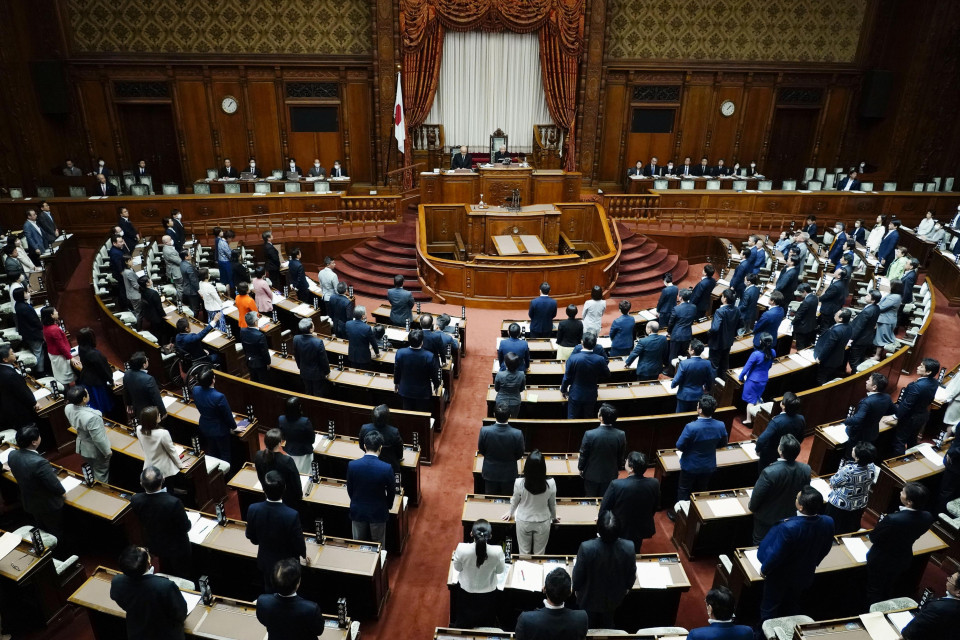
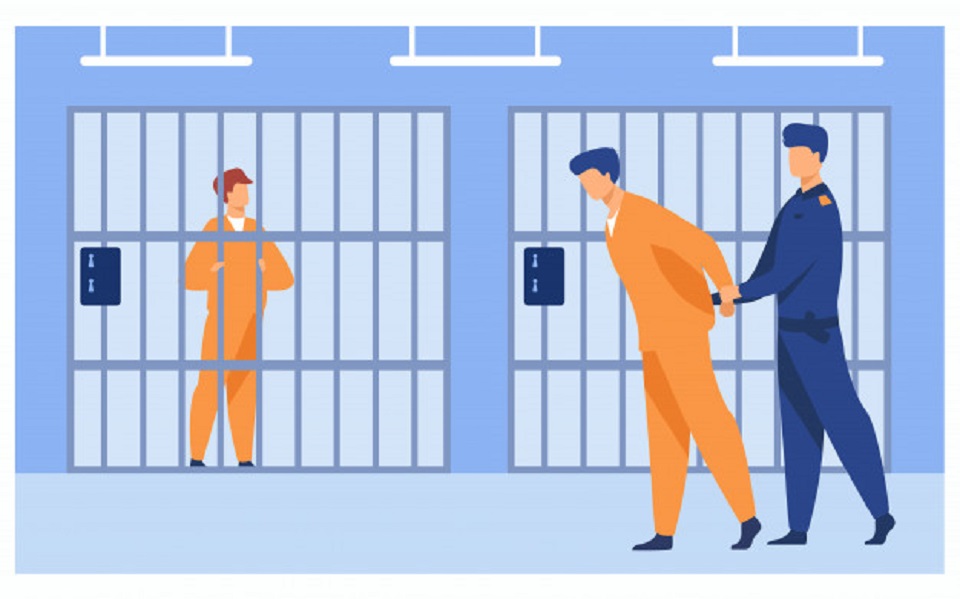

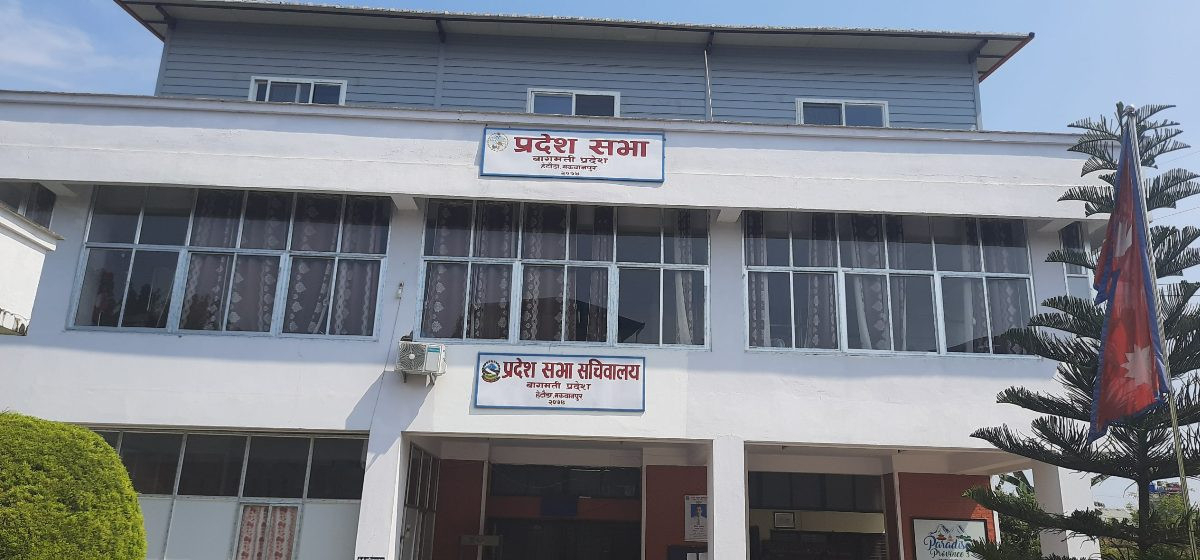
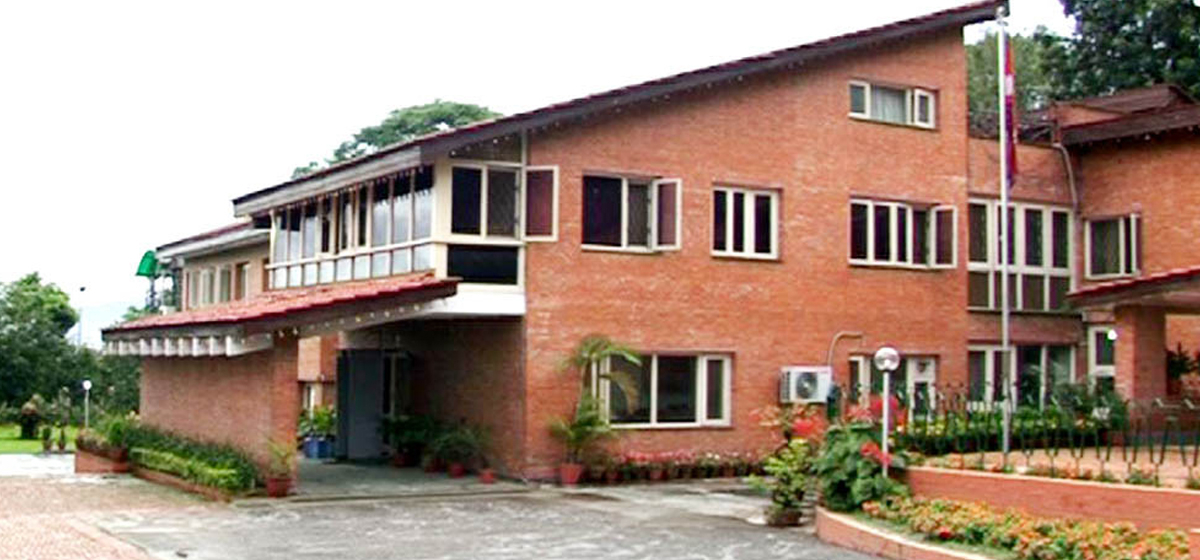
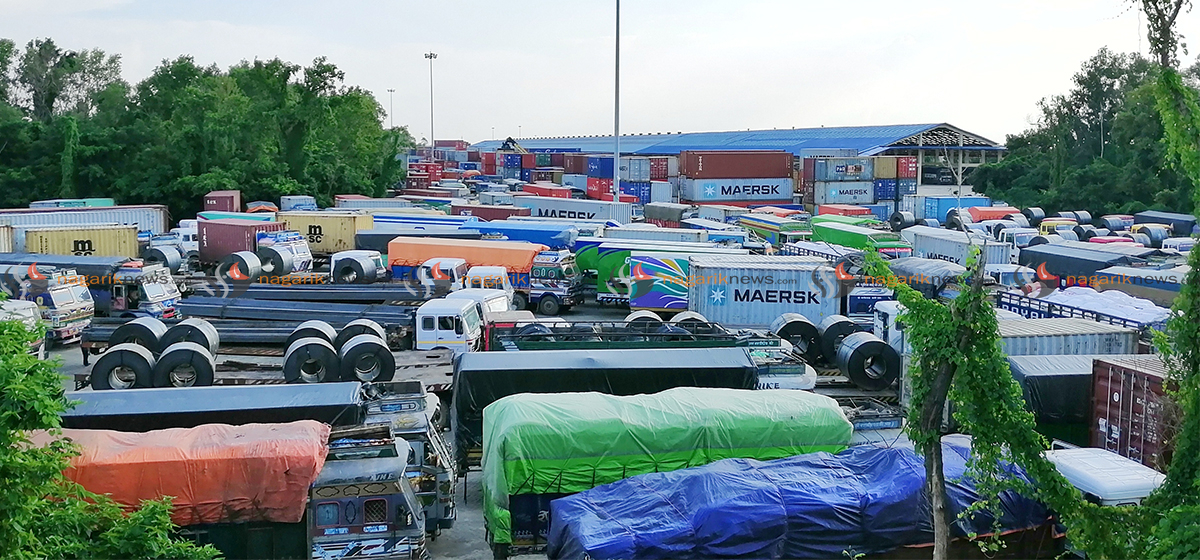

Leave A Comment